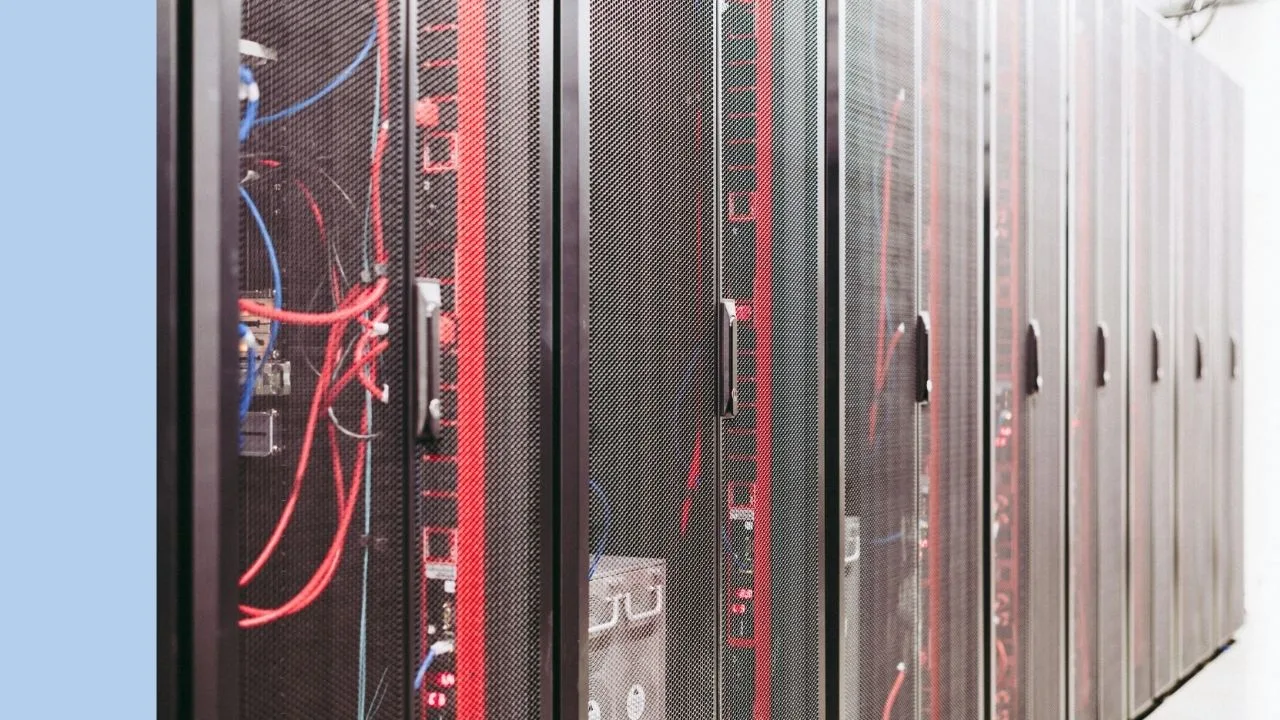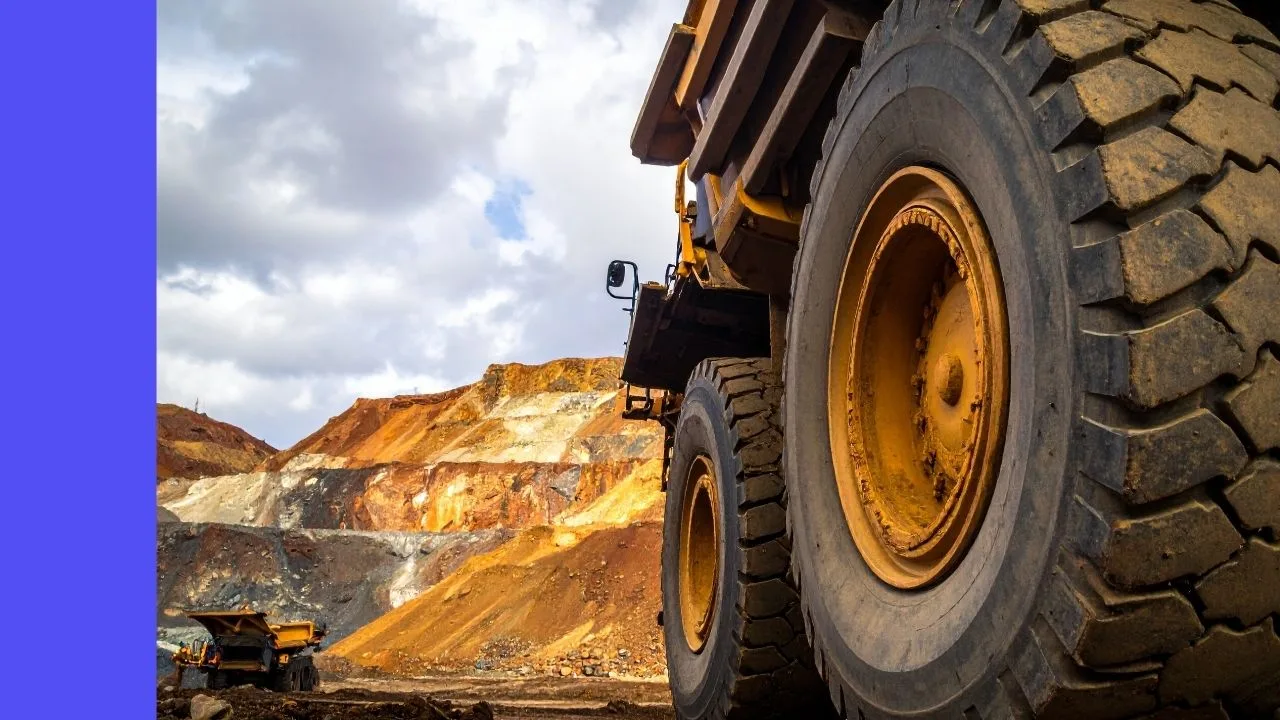The Qantas Airways Limited (ASX: QAN) share price has fallen today after the business announced an expected first-half loss of $1.1 billion.
Currently, shares in the flying kangaroo are down 1.44% to $4.80.
Pandemic, pandemic, pandemic
The COVID-19 pandemic continues to wreak havoc on Qantas and its first-half performance.
Lockdowns in Melbourne and Sydney – together with the airline’s busiest route – depressed flight activity, leaving the company in no man’s land.
It was unable to retire its fleet and reduce costs, while restrictions in other states meant it couldn’t execute on its national recovery roadmap.
At its low point, domestic travel bottomed at just 30% of pre-pandemic levels.
To counter this and past downturns, the business reconfirmed $850 million in annual cost reductions as part of its recovery program.
“This has been one of the worst halves of the entire pandemic, where most states had their borders closed and the majority of Australians were in lockdown” – CEO Alan Joyce
Subsequently, and assuming no further travel restrictions or lockdowns, the business is expecting an EBITDA loss of $250 to $300 million for the first half.
Add in depreciation and amortisation and the business is left with a $1.1 billion loss for just the first half alone.
Turning to the balance sheet, net debt has been reduced to $5.65 billion. This is largely a result of selling an $802 million land parcel adjacent to Sydney Airport.
Glass half full
Qantas freight has been the standout performer, recording another record half. The rise of e-commerce and supply constraints has delivered record earnings and domestic freight demand.
Furthermore, Qantas Loyalty recorded its single biggest day of flight redemptions.
“Domestic demand has started to pick up again and we’re expecting a strong performance over the Christmas period and continued strength into early next year as more restrictions ease” – CEO Alan Joyce
Blue sky (hopefully) ahead
Positively, Qantas said it expects domestic travel to return to 102% of pre-pandemic levels in the third quarter. This will ramp up to 117% over Q4.
International capacity is more subdued, expected to be 30% in the third quarter and 60% in the fourth quarter.
The latest pandemic variant has somewhat subdued demand, however, it hasn’t led to large cancellations.
Over the second half, Qantas anticipates further cost acceleration driven by the decision to bring all Australian-based employees back to work ahead of expected demand.
Renewal of fleet
Qantas also announced today that it will renew its ageing narrow-bodied domestic fleet with brand new Airbus A320neo’s and A220’s.
The airline has purchased 40 new planes with a purchase option for an additional 94 aircraft.
The first planes arrive in FY24 and will be rolled out over the next ten years as its existing fleet retires.
To keep up to date on all the latest news regarding Qantas and the ASX, be sure to bookmark the Rask Media home page.











